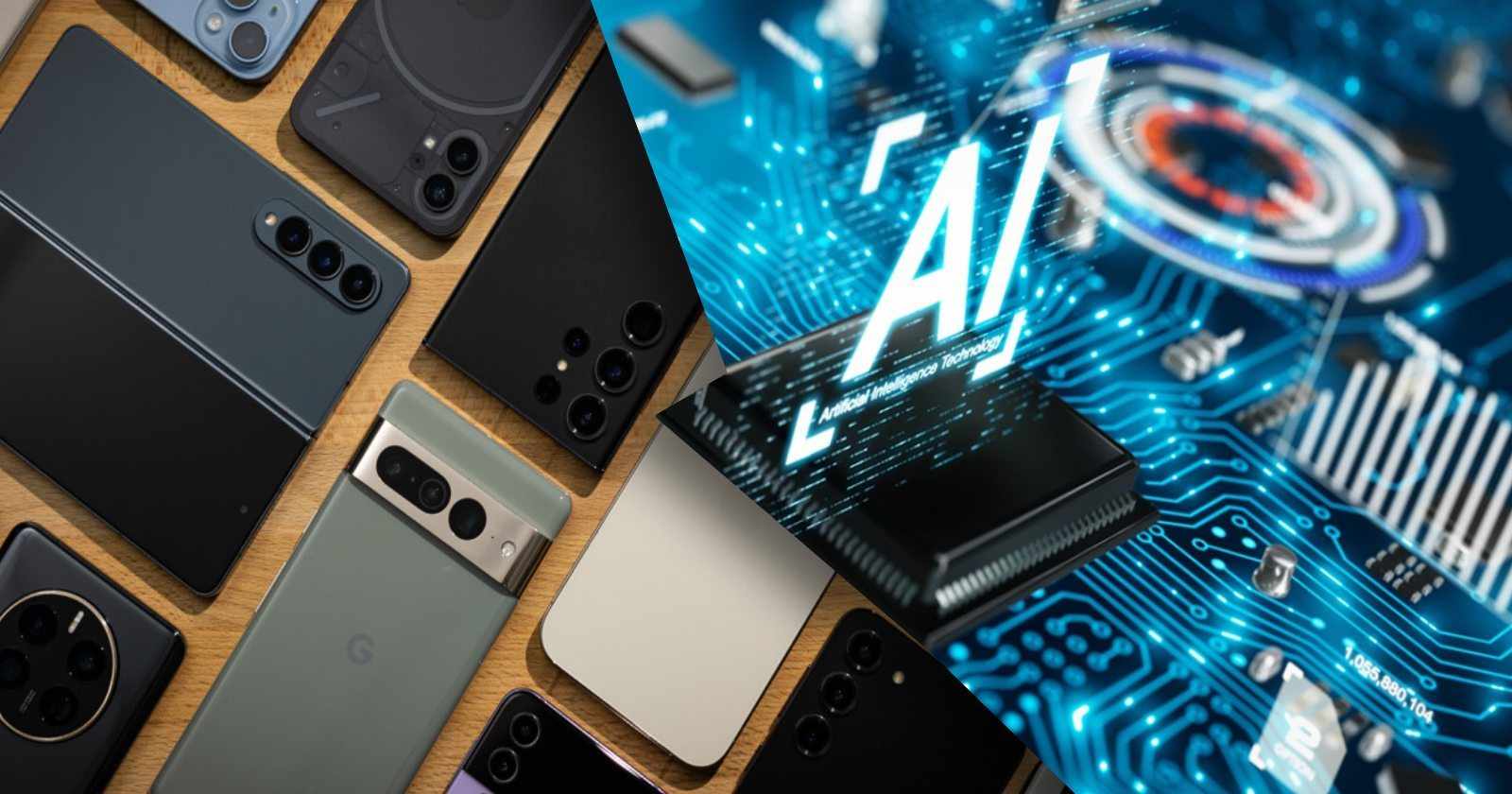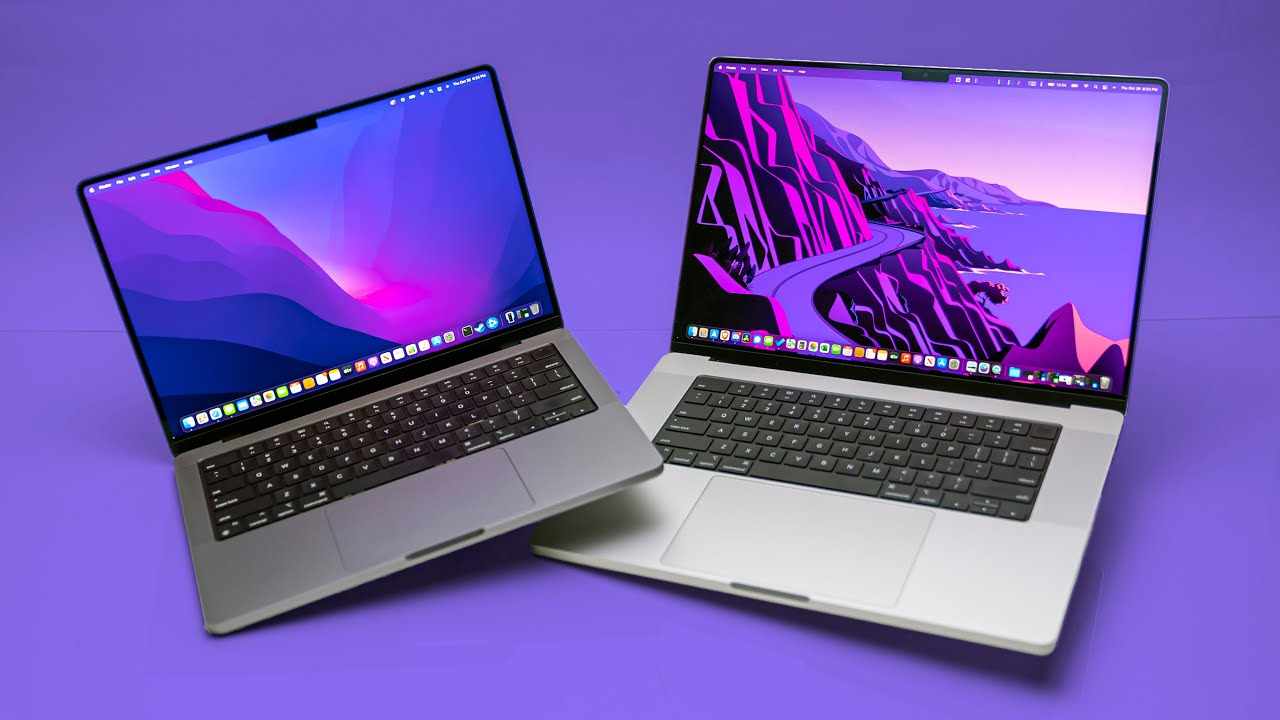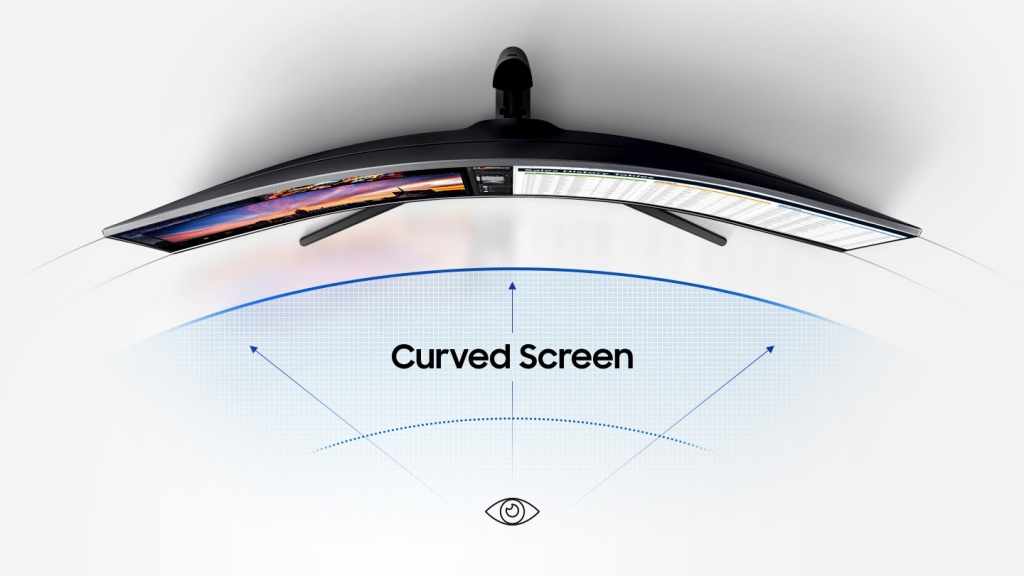
Smartphones have evolved significantly over the years, becoming more powerful and intelligent with each new generation. One of the most groundbreaking advancements in recent years is the integration of Artificial Intelligence (AI) into smartphones. But what exactly is an AI smartphone? Simply put, an AI smartphone is a mobile device that leverages artificial intelligence to enhance user experience, optimize performance, and improve efficiency in various tasks. From camera enhancements to voice assistants, AI has transformed how we interact with our phones.
The Role of AI in Smartphones
AI is embedded in smartphones to make them more intuitive, efficient, and capable of performing complex tasks without requiring direct user input. AI is primarily used in several key areas, such as:
Camera Optimization
Voice Assistants
Battery Management
Security Features
Personalized Recommendations
Augmented Reality and Virtual Assistants
Real-time Language Translation
Gesture and Face Recognition
Let’s explore each of these AI-powered features in more detail.
AI in Smartphone Cameras
One of the most notable implementations of AI in smartphones is in the camera system. AI enhances photography by automatically adjusting settings based on the environment and subject. Some AI-driven camera features include:
Scene Recognition: AI identifies objects, faces, and scenery in real time, adjusting the exposure, brightness, contrast, and saturation for the best possible image.
Night Mode: AI combines multiple exposures to produce clear, well-lit photos even in low-light conditions.
Portrait Mode & Bokeh Effects: AI helps create a blurred background effect by recognizing and isolating subjects.
AI-powered Filters & Enhancements: AI suggests filters and beauty enhancements tailored to each photo.
AI-powered Voice Assistants
Voice assistants like Google Assistant, Apple Siri, Amazon Alexa, and Samsung Bixby use AI to understand natural language and provide relevant responses. AI voice assistants can:

Answer queries using internet-based information.
Set reminders, schedule events, and send messages.
Control smart home devices via voice commands.
Translate languages in real time.
Provide personalized recommendations based on user behavior.
AI in Battery Optimization
AI plays a crucial role in extending battery life by learning user habits and optimizing background processes. Some AI-driven battery management features include:
Adaptive Battery: AI identifies frequently used apps and allocates battery resources accordingly.
App Sleep Mode: AI puts unused apps in a dormant state to save power.
Charging Optimization: AI prevents overcharging by adapting to usage patterns.
AI in Security Features
Security is a major concern for smartphone users, and AI has significantly improved smartphone safety through features like:
Facial Recognition: AI analyzes facial features with high precision, making unlocking smartphones faster and more secure.
Fingerprint Recognition: AI refines fingerprint scanning technology, ensuring quick and accurate authentication.
AI-driven Malware Detection: AI can detect potential security threats and malware before they harm the system.
AI for Personalization
AI-driven personalization makes smartphones more intuitive and tailored to individual users. Examples include:
Smart Recommendations: AI recommends apps, articles, and media based on usage habits.
Adaptive UI: AI adjusts the smartphone interface based on user preferences and frequently used features.
Predictive Text & Keyboard Learning: AI helps in text predictions and grammar corrections based on typing patterns.
AI in Augmented Reality (AR) and Virtual Assistants
Augmented reality (AR) and AI work together to provide immersive experiences in gaming, shopping, and real-world navigation. AI-powered AR features include:
AR Shopping: AI enables users to try on clothes, accessories, or furniture in a virtual space before purchasing.
AI Navigation: AI enhances GPS navigation by integrating real-world views with real-time directions.
AI-based Filters and Effects: Social media apps use AI-powered AR filters for fun and engaging visual effects.
AI for Real-time Language Translation
AI has made global communication easier through real-time language translation. AI-driven translation tools can:
Translate speech and text instantly in multiple languages.
Provide transcription services for calls and meetings.
Assist travelers in communicating with locals effortlessly.
AI in Gesture and Face Recognition
AI has improved gesture recognition and face detection for hands-free interactions. Features include:

AI-based Motion Controls: AI allows users to control smartphones through hand gestures.
Eye Tracking: AI tracks eye movement to adjust screen brightness or pause videos when users look away.
Face Unlock: AI detects facial expressions and grants access to the phone securely.
Future of AI in Smartphones
The integration of AI in smartphones is just beginning, and we can expect even more advanced features in the future. Some upcoming AI innovations include:
AI-powered Health Monitoring: AI will assist in tracking heart rate, sleep patterns, and stress levels.
Self-learning AI Systems: AI will become even more adaptive, learning from user behavior and preferences.
Advanced AI Chatbots: AI-driven chatbots will provide instant customer service and personalized interactions.
AI-driven Smart Assistants: AI assistants will become more proactive in managing daily tasks.
Conclusion
AI smartphones have revolutionized the way we use mobile devices. With AI-driven camera enhancements, voice assistants, battery optimizations, and security features, AI is making smartphones more efficient and intelligent. As AI technology continues to evolve, the future of smartphones looks more promising than ever, bringing smarter, faster, and more adaptive experiences to users worldwide.








Write a comment ...